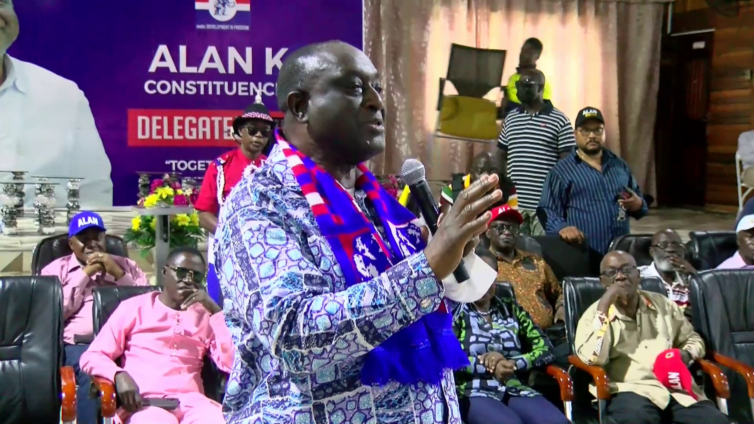South Africa's Political Earthquake: Rainbow Nation Enters Uncharted Coalition Territory
South Africa's emergence from apartheid in 1994, under the leadership of Nelson Mandela, symbolized a global triumph of peace and democracy, earning it the moniker “Rainbow Nation” from Archbishop Desmond Tutu. For three decades, the African National Congress (ANC) stood as the political embodiment of this promise, leveraging its liberation credentials and popular support to secure commanding majorities in every election since democracy’s inception. This period was initially marked by optimism and reconstruction, with initiatives like the Reconstruction and Development Programme (RDP) addressing inequality and the GEAR policy aiming to modernize the economy, bringing essential services like water, electricity, and housing to millions.
However, unchecked power led to complacency. By the late 2000s, corruption, patronage, and governance fatigue eroded the ANC’s credibility. The Zuma years, characterized by widespread “state capture,” significantly widened the chasm between the government and its citizens. The once-venerated liberation movement found itself battling internal decay and public disillusionment, rather than external adversaries.
The results of the 2024 general election unequivocally confirmed the end of South Africa’s single-party dominance. For the first time since 1994, the ANC failed to secure an outright majority, thus ushering in a new era of coalition politics. This power-sharing arrangement now extends from the national cabinet down to provincial and municipal councils, signifying a profound shift in the political landscape.
The formation of South Africa’s Government of National Unity (GNU) is aptly described as a
You may also like...
Messi Stuns World: Inter Miami Contract Extension Secured!
)
Lionel Messi has extended his contract with Inter Miami until December 2028, expressing immense happiness with his life ...
Michael B. Jordan Boards Joseph Kosinski's 'Miami Vice' Remake

Michael B. Jordan is reportedly in early talks to star as Ricardo Tubbs in Joseph Kosinski's upcoming "Miami Vice" reboo...
Chappell Roan's Midwest Princess Fund Raises Staggering $400K for Trans Youth!

Chappell Roan has unveiled the Midwest Princess Project, a new fund aimed at supporting vulnerable trans youth and LGBTQ...
Obama Immortalizes Music Legend Fela Kuti in New Podcast Series!

Barack Obama's Higher Ground has released a new podcast, "Fela Kuti: Fear No Man," honoring the Nigerian Afrobeat pionee...
Filming Secrets Unveiled: Del Toro's Shocking Frankenstein Techniques Revealed

Guillermo del Toro's <i>Frankenstein</i> offers a powerful reinterpretation of Mary Shelley's classic, blending horror w...
Meghan Markle's Stunning Decline: Named 'Most Disliked Celebrity'

Meghan Markle has controversially topped Ranker.com's "most disliked celebrity" list with 48,000 votes, closely followed...
Global Synergy: Team Europe & African Artists Revive Fela's Spirit in Lagos

Team Europe, led by EU Ambassador Gautier Mignot, collaborated with African artists for the "Afrobeat Rebellion Exhibiti...
Age is Just a Number: 60-Year-Old's Jaw-Dropping Exercise Secret for a Transformed Body!

Discover how a 60-year-old court reporter defied expectations to master handstands, showcasing the power of dedication a...



